
The House Committee on Natural Resources has scheduled a hearing on H.R. 1349, the bill that seeks to overturn the blanket ban on mountain bikes in federally designated Wilderness this Thursday, December 7th. Full information on H.R. 1349 can be found here.
Thanks to the Sustainable Trails Coalition and active, grassroots mountain bikers who seek some level of equitable access to our public lands, we are now on the Congressional agenda. But now that the hearing itinerary is public, anti-bike lobbies are mobilizing to deluge their representatives with letters and messages in opposition to the proposed legislation. We, as fellow lovers of the outdoors, need to do the same.
Anti-bike forces have a set of talking points for continuing the blind blanket ban on bikes in Wilderness, each of which is easily defeated. For instance, they rally their base by claiming that this is part of a larger move to weaken protection of public lands. However, the fact is backcountry cyclists are conservationists, just like hikers and equestrians. Allowing cyclists to actually enjoy their equally low impact, human powered form of transport in the backcountry can only strengthen support for preservation of our wild places. For more on the usual arguments and their counters, read here:
[see_also id=’182211′]
If the bill moves beyond this committee, we will need a strong grassroots movement to let our elected officials know it’s time to put an end to the blind bike ban that has no basis in science, fairness, or morality. You can be especially helpful at this time if your Congressperson sits on the House Committee on Natural Resources. You can find the list of committee members here. And you can find how to write to Congress here.
[see_also id=’66315′]












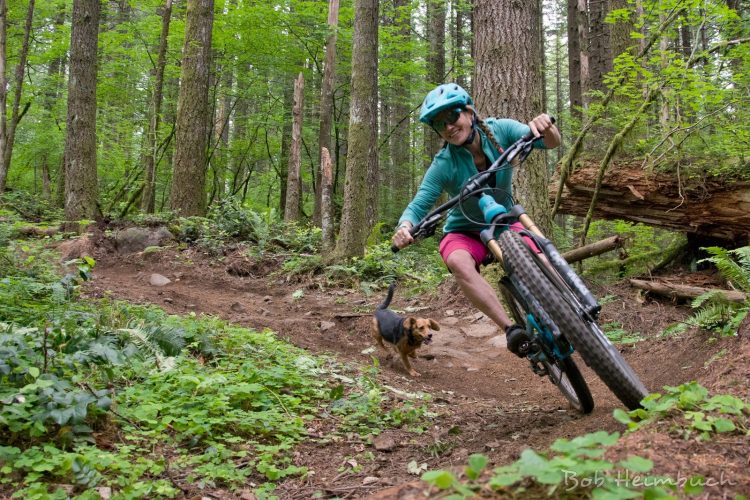
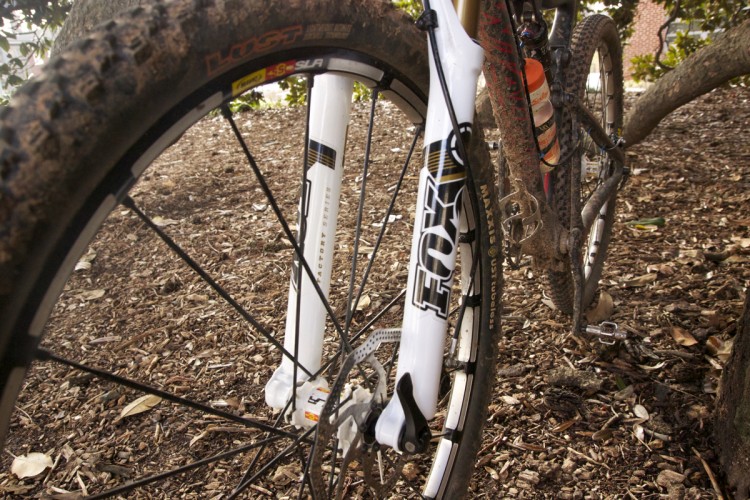
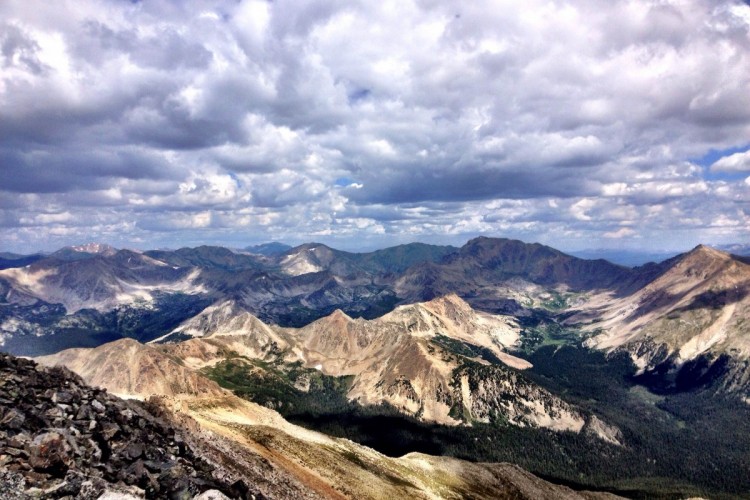
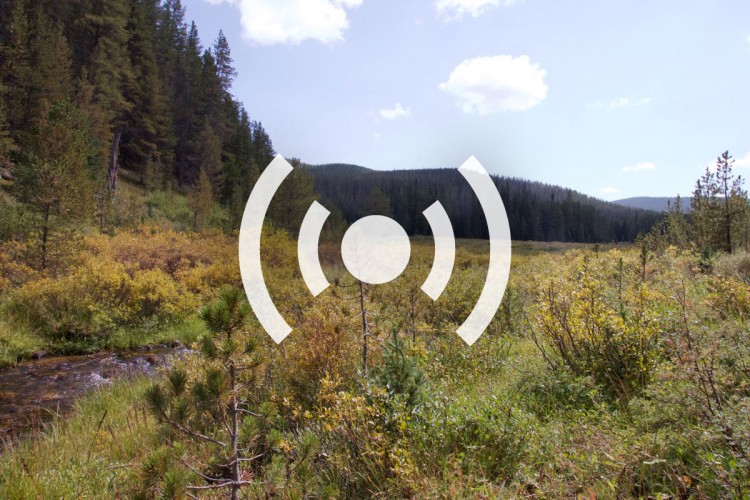
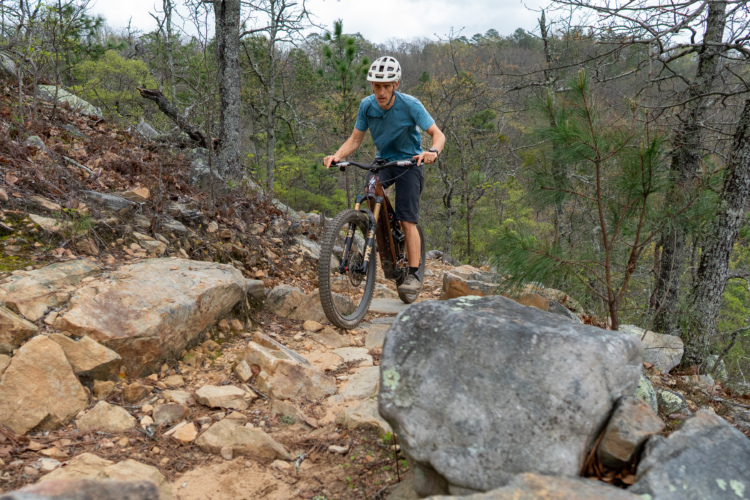




10 Comments
Dec 6, 2017
It seems you haven't bothered to read the mission of STC at all and are assuming the point is to open ALL wilderness to bikes. CLEARLY many areas should not be opened to bikes ever. I doubt there are many that would disagree with that. STC simply wants to give LOCAL peeps the option of opening areas or not.
And yes, like Fisch said, you'll lose more wilderness trails if nothing is changed. It only took 1 season for a portion of the Ants Basin ride in the Boulder/White Clouds area to disappear due to lack of use. And the biking community is a very large group of people who love to volunteer trail work time.
Also, please consider the areas in the US that are affected with the wilderness ban. You may not see the need for the change in many places, but if the trend continues, you will most undoubtedly, see restrictions in your area in the future.
Dec 5, 2017
Dec 5, 2017
Dec 5, 2017
Dec 6, 2017
Dec 6, 2017
Dec 5, 2017
I understand some people live in large unpopulated areas with little to no access, that does suck. I live on the East Coast with miles of trails and have no desire to go ride the Appalachian Trail... guess I am blessed.
IMBA is supporting E-bikes now... Bear's Ears and Grand Staircase just got raped today. R's want to drill for oil in the Arctic National Wildlife Refuge. What the fuck else people got to fuck up?
It's a slippery slope. I think they should work towards smaller solutions within communities that don't have access instead of ripping the blanket completely off.
Dec 6, 2017
If you were truly concerned with "trashing the Wilderness," you'd be lobbying to ban hikers. Every non-natural (lightning) fire startedin the backcountry was started by someone on foot. Wholesale destruction of habitat by the tens of thousands of acres at a time. All from pedestrians.
As for there being "plenty of places to ride," bikes are banned from upwards of 80% of the backcountry by Wilderness designation alone, not counting other bike closures. If hikers were banned from enjoying their equally low-impact, human-powered form of travel from over 80% of their most cherished lands, you can bet there'd be a much bigger uproar than you're getting from bikers now.
"Even if mountain bikes don’t harm the trails it would mean more users in already crowded areas. More users more impact."
Again, this only removes the blanket exclusion--it does create blanket inclusion. Local administrators would retain the authority to restrict use just as they do on all their non-Wilderness trails. Also, if body count must be limited, it should be done so fairly, not by falling back on an arbitrary distinction that favors one group over an equally low impact group (and less impactful when compared to horses). All equally low-impact users should have an opportunity to access. I have backpacked in Wilderness areas that require a permit. This is how we can fairily regulate body count.
"In my neck of the woods mountain bikes can’t stay on the trails and make new ones to cut switchbacks."
Your "neighborhood" notwithstanding, actually, cutting switchbacks is more prevalent among hikers. Moreover, hikers are far more likely to go off trail in general. Again, if you think using the actions of the worst of a user group is grounds for banning the entire group, then you should apply that to all user groups, not just cyclists. Refer again to the fire example above as well.
"And worse they ride on the trails when they’re wet,..."
As do many equestrians (after all, their not getting their feet muddy). Again, if you want to ban all...
"There’s no way to police the bikes, "
Nor is there any way to police any user group. Backpackers build illegal fire rings that scar the land for a decade, they pitch camp or relieve themselves near water sources, equestrians and boaters carry in invasive species, etc etc etc. Again, if you want to ban one ...
Dec 6, 2017
And even if there is a valid reason make a trail foot only, that doesn't mean is needs to extend to ALL trails in ALL federally designated Wilderness. Remember, this is not a blanket exclusion--it merely allows administrators the opportunity to determine the suitability of cycling on a case by case basis.
And if you're truly worried about protecting our wild places, you should want all the help you can get. Continuing an indefensible arbitrary ban against an equally low impact, human powered user group does not help your cause. Actually allowing cyclists to enjoy their primitive recreation (as cycling was designated by Congress in Wilderness legislation), would provide you with a whole new set of allies in the fight to preserve our wild places. This also covers your "slippery slope" concerns.
And since cycling is similar in impact to hiking and no more than horseback riding, allowing cycling would not (eff) anything up, at least no more than the hikers, and especially horses, already are. Funny thing, the recently designated Wilderness in the Boulder White Clouds contained trails which had been popular with cyclists for decades, yet the area was still determined to have "wilderness character" suitable for formal designation as Wilderness. Clearly, cycling use didn't (eff) up that area at all.
Dec 5, 2017